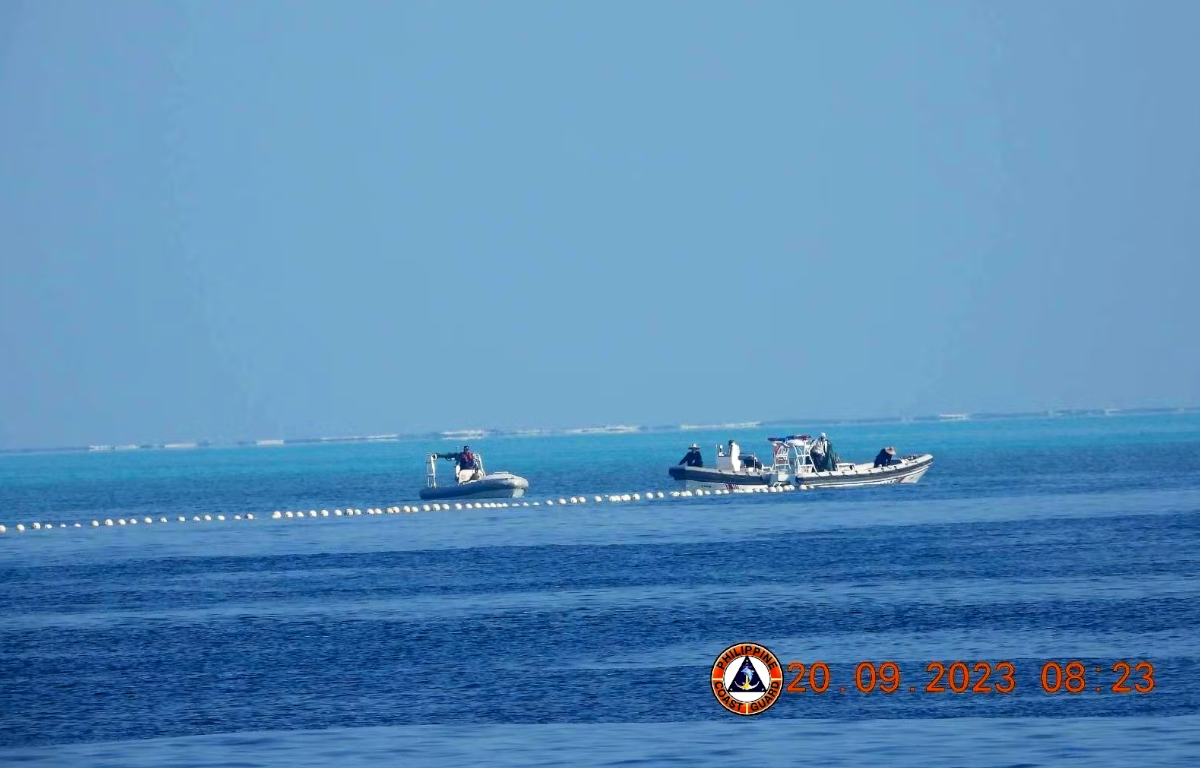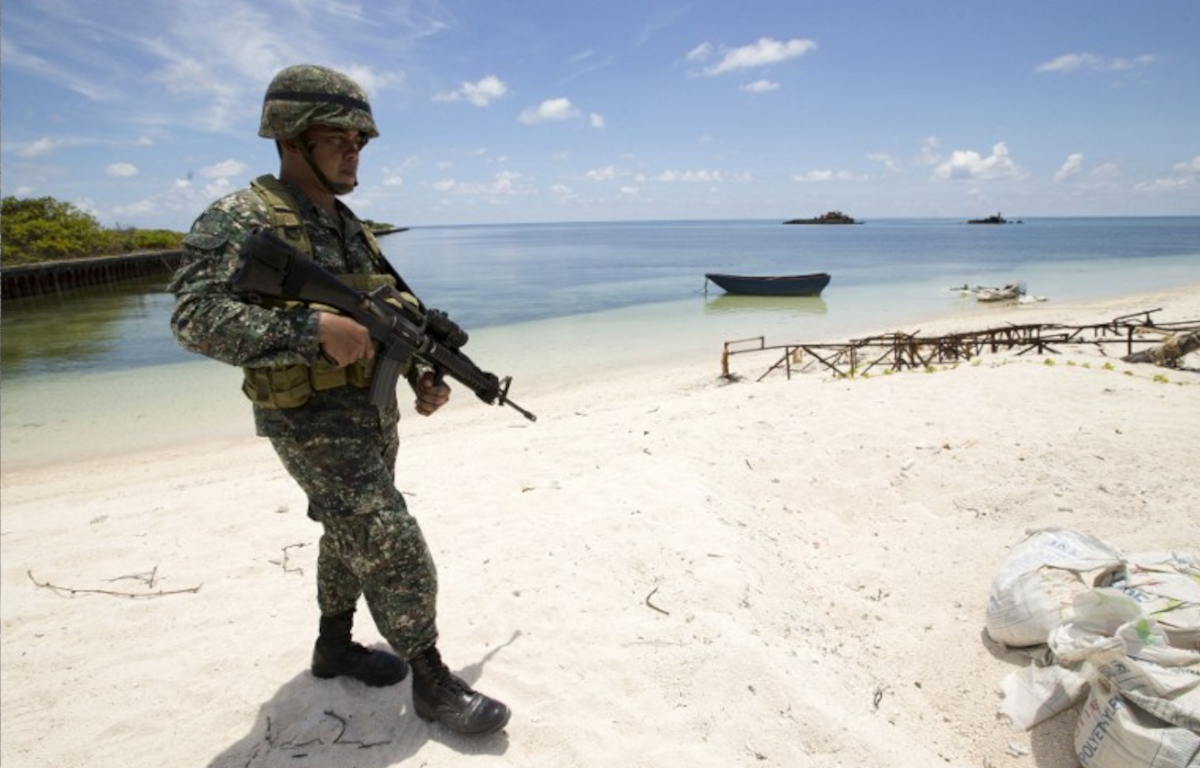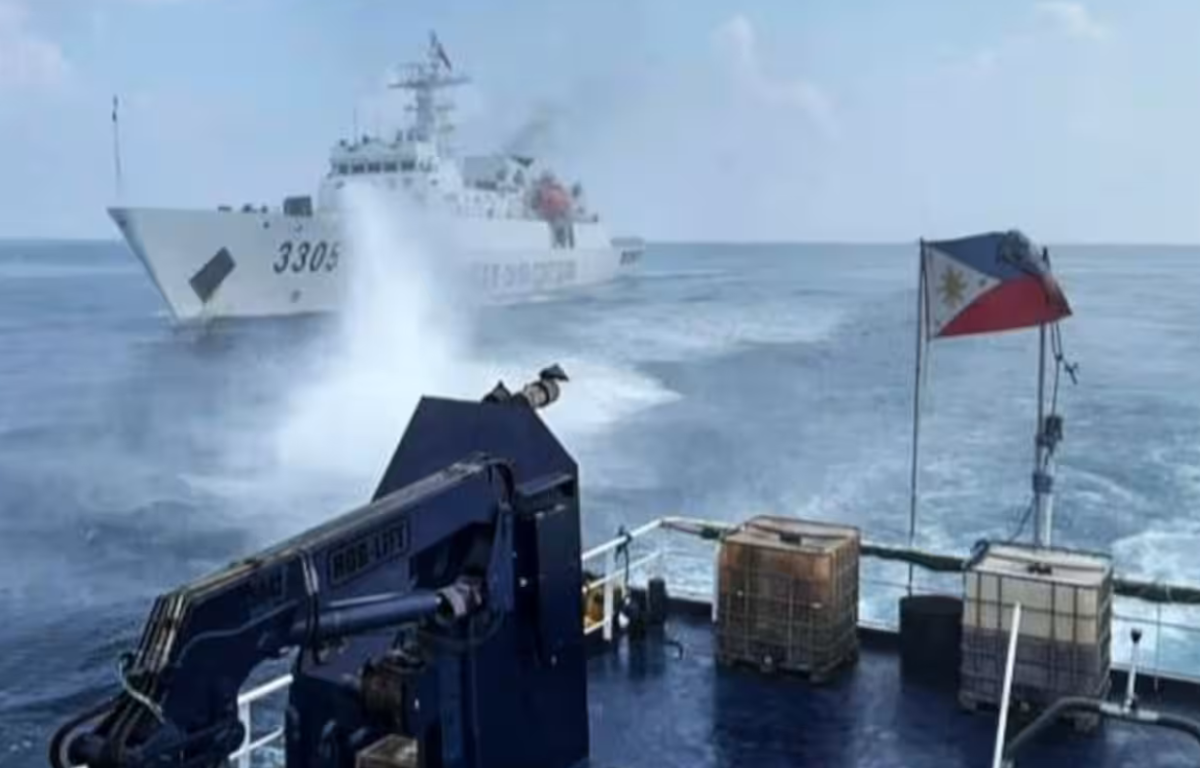
Following the harassment of Philippine supply boats near Ayungin Shoal, China has issued a stern warning to the Philippines, cautioning them to prepare for potential consequences. This development underscores the ongoing challenges in the region and the complexities of maritime disputes in one of the world’s most strategically significant waterways.
The Ayungin Shoal incident involved Chinese Coast Guard vessels blocking and harassing Philippine civilian boats attempting to resupply the Sierra Madre, a Philippine Navy outpost stationed on a grounded ship. The Sierra Madre serves as a symbolic presence for Philippine sovereignty in the area, which is part of the Spratly Islands chain.
In response to the incident, Chinese Foreign Ministry spokesperson Zhao Lijian issued a statement warning the Philippines to prepare for potential consequences. Zhao reiterated China’s claims of sovereignty over the South China Sea, including the Spratly Islands, and accused the Philippines of infringing on Chinese rights by sending supply boats to the Sierra Madre outpost.
The South China Sea dispute involves overlapping territorial claims by China, the Philippines, Vietnam, Malaysia, Brunei, and Taiwan. China’s expansive claims, based on historical assertions of sovereignty, clash with the claims of other countries in the region, leading to frequent tensions and maritime incidents.
The Ayungin incident is part of a broader pattern of assertive behavior by China in the South China Sea, including the construction of artificial islands, military installations, and the establishment of an Air Defense Identification Zone (ADIZ) in the area.
The escalation of tensions in the South China Sea has raised international concerns about freedom of navigation, adherence to international law, and the potential for conflict in a strategically vital region. The United States and other countries have called for peaceful resolutions to maritime disputes based on international law, including the United Nations Convention on the Law of the Sea (UNCLOS).
The Philippines has reiterated its commitment to defending its sovereignty and territorial integrity while advocating for peaceful dialogue and adherence to international law. Philippine officials have engaged in diplomatic efforts to address the Ayungin incident and seek solutions to ongoing maritime disputes through multilateral forums.
The Ayungin harassment and China’s warning to the Philippines highlight the complexities and challenges of managing maritime disputes in the South China Sea. The region remains a flashpoint for geopolitical tensions, requiring careful navigation, diplomatic engagement, and adherence to international norms and agreements to prevent escalation and promote stability.










Share this: